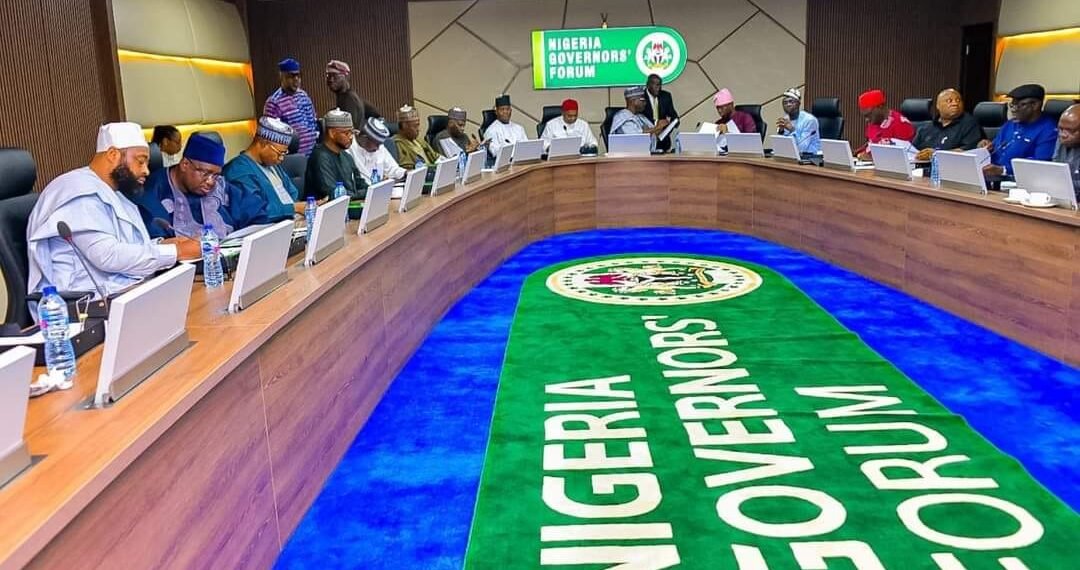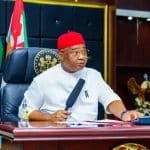Thirty-one governors have failed to grant financial autonomy to the legislative branch of government within their own states in a clear violation of constitutional provisions.
Only five states, namely Lagos, Delta, Plateau, Oyo, and Nasarawa, have achieved a semblance of complete financial independence for their Houses of Assembly, according to Naija News.
Twelve additional states, on the other hand, have granted their legislative arms some autonomy. These states include Adamawa, Akwa Ibom, Benue, Borno, Cross River, Enugu, Kogi, Kwara, Bauchi, Ogun, Osun, and Rivers.
However, there are still a handful of governments that have not granted their legislative assemblies any financial autonomy.
This category includes Ondo, Katsina, Gombe, Taraba, Yobe, Ekiti, Abia, and Imo, along with Bayelsa, Anambra, Ebonyi, Niger, Bauchi, Kebbi, Sokoto, Zamfara, Kano, Jigawa, and Kaduna.
Members of the Parliamentary Staff Association of Nigeria (PASAN) recently began a statewide strike in about 20 states. The failure to implement financial autonomy for state assembly inside the country triggered this strike.
The Chairman of PASAN in Ekiti State, Gbenga Oluwajuyigbe, highlighted that financial autonomy applies to both the National and State Assemblies. While the National Assembly has had complete autonomy for the past decade as a result of their funding being classified as a first-line charge, the situation at the state level is different.
According to Oluwajuyigbe, compliance with autonomy can be classified into three levels: partial implementation, full implementation, and non-compliance.
When legislative allocations are placed as a first-line charge, full financial liberty is obtained in accordance with the spirit and language of Section 121. Partial implementation refers to a situation in which executive authorities continue to manage legislative salary payments.
Oluwajuyigbe asserted, “There is a provision in the 1999 Constitution, as amended in Section 121, which grants financial independence to the legislature. All we are advocating for is the government’s adherence to this constitutional provision. When we refer to non-implementation of the autonomy clause, it indicates that they have not initiated any form of implementation of Section 121. In such cases, the State Assembly must still seek the governor’s approval for funding for nearly everything.”
He further added, “We can classify Ekiti as partially implemented because salaries are not paid within the state assembly but are still controlled by the Accountant General. Until they have their own pay point, similar to the National Assembly, it remains a partial implementation.”
Usman Mohammed, the National President of PASAN, confirmed that Lagos and Plateau already enjoy autonomy, with Jigawa gradually moving in the same direction.
He stressed, “The Constitution does not permit partial implementation; it has granted autonomy to the state legislature under Section 121. It dictates that the entire funds meant for the state legislature and the Judiciary should be transferred to their accounts. It does not specify transferring only the overhead, personnel costs, or capital; it includes all the funds.”





